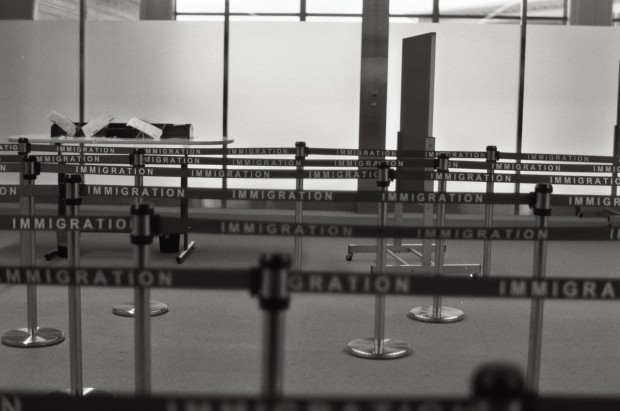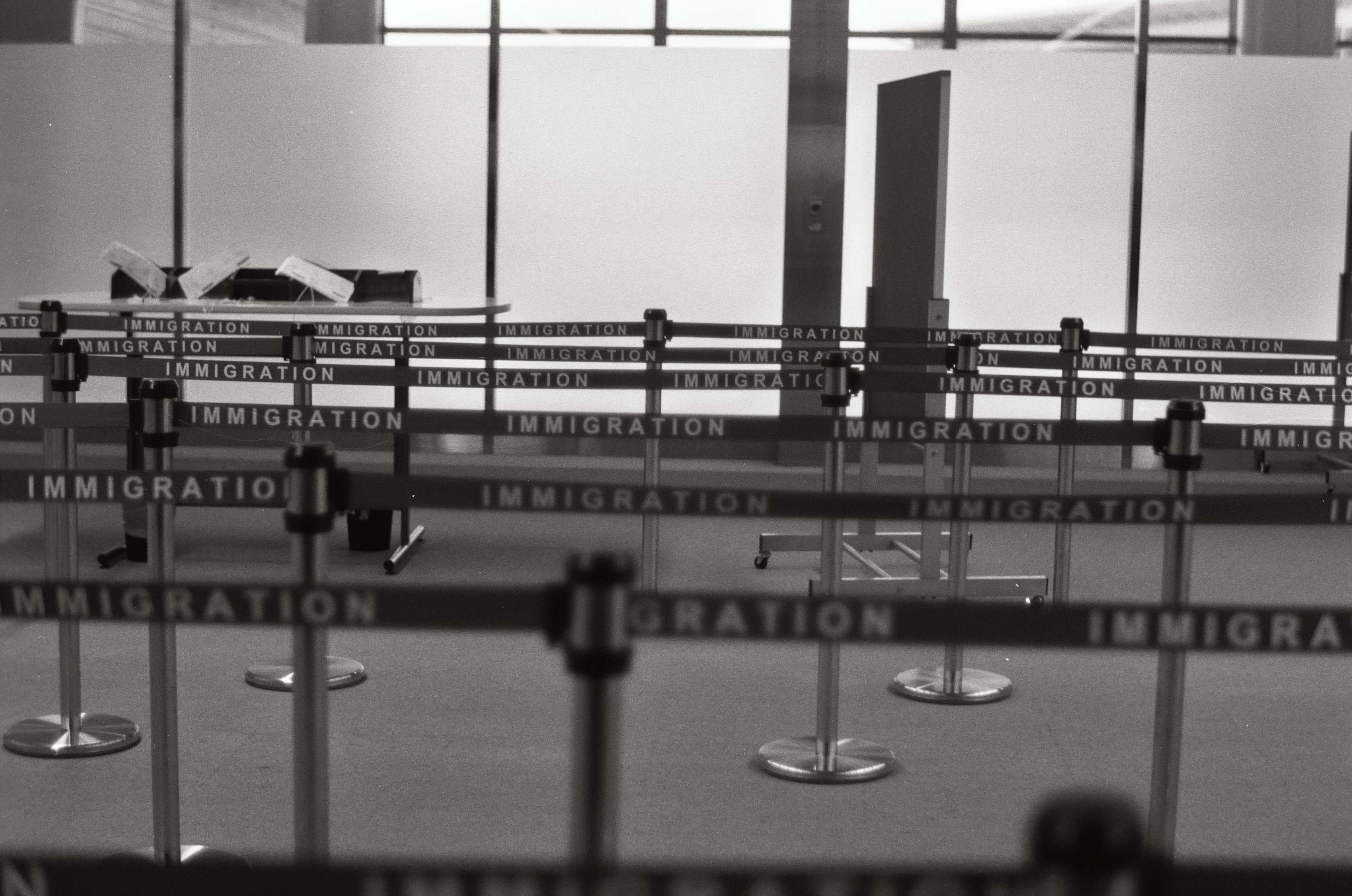Paola Castillo and I have just had a paper accepted for publication in the Journal of Cross-Cultural Psychology. The paper reports Paola’s Honours research, in which she conducted an experiment that looked at how giving people information about cross-cultural differences in behaviour might influence their credibility judgments. Paola has gone on to do more research about the role of cultural and cross-cultural factors in deception judgments in her PhD, and earlier this year commenced working as an Associate Lecturer in Psychology at Charles Sturt University.

Although there has been a great deal of research looking at how accurate people are at lie detection and just how they go about it, there has been relatively little work done on lie detection in cross-cultural interactions. This is a gap in the literature that needs to be addressed, because (i) decisions about the credibility of a person from another culture can be crucial in high-stakes settings such as law enforcement, customs and immigration, and (ii) research and theory suggest that certain factors might lead to bias so that people from another culture might be regarded with extra suspicion. The issue of bias does not necessarily involve prejudice by the people making credibility judgments – the fundamental issue is that people of different cultures will have different social norms that determine their nonverbal behaviour, such as how much eye contact is appropriate. If a person is assessing the credibility of someone from a different culture then the violation of the observer’s norms might trigger suspicion.
The experiment presented in this study used video clips of people who manipulated their behaviour to be consistent or inconsistent with Australian norms. We then gave different information about cross-cultural differences to the participants who viewed those clips and measured the degree to which norm-inconsistency triggered suspicion for the participants in each information condition. What we found is that when participants weren’t told about cross-cultural issues at all, norm-inconsistent behaviour tended to result in greater suspicion that the person in the clip was lying. When participants were told that they were viewing people from a different culture then our results suggest it was possible to eliminate this effect of norm-inconsistency, but only when we gave specific information about what behaviours the participants should expect to be different based on cultural norms. When we flagged that there were cultural differences but didn’t explain what they were, the participants were, if anything, more likely to show greater suspicion of the norm-inconsistent video clips.
Here is the abstract, followed by the citation details:
The expectancy violation model proposes that people infer deception when the communicator violates social norms without obvious cause. However, social norms are culture specific. Therefore, discrepant norms between a communicator and an observer in a cross-cultural interaction might increase the likelihood of inferring deception, and thus resulting in bias. The present study investigated whether informing people about cultural differences in nonverbal behavior could counteract cross-cultural bias in deception judgments. Sixty-nine Australian students were randomly assigned to receive No information, General information or Specific information about culture-specific behavioral norms prior to making credibility judgments of 10 video clips (5 norm consistent and 5 norm-inconsistent). The results suggest that cross-cultural biases in deception judgments can occur but may also be prevented by providing appropriate information. These findings require further investigation but have potentially significant implications in law enforcement, customs, immigration, and broader societal interactions.
Castillo, P. A., & Mallard, D. (in press). Preventing cross-cultural bias in deception judgments: The role of expectancies about nonverbal behavior. Journal of Cross-Cultural Psychology.

